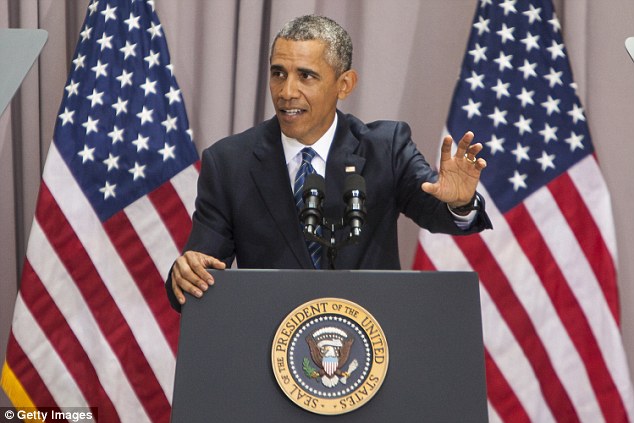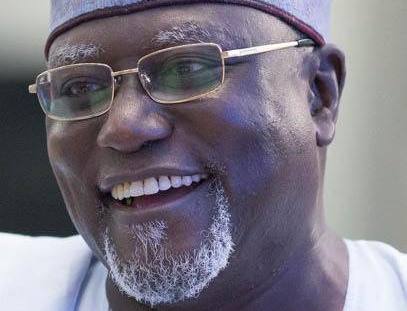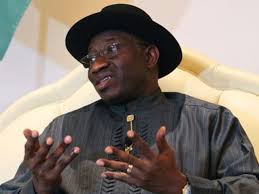In an unusual prime-time plea from the Oval Office, President Barack Obama on Sunday pressed Muslims in America and around the world to “decisively and unequivocally” confront the kind of extremism in their midst that has fueled the rise of the so-called Islamic State. His speech, quickly dismissed by Republicans as more of the same ineffectual prescription, came as U.S. officials worried about holiday-season attacks in America either directed or inspired by the group, which is also known as ISIS or ISIL.
“An extremist ideology has spread within some Muslim communities. That’s a real problem that Muslims must confront without excuse,” Obama said in just his third such message from his inner sanctum in the West Wing.
“Muslim leaders here and around the globe have to continue working with us to decisively and unequivocally reject the hateful ideology that groups like ISIL and al-Qaeda promote – to speak out against not just acts of violence, but also those interpretations of Islam that are incompatible with the values of religious tolerance, mutual respect, and human dignity,” he said.
Obama also warned strongly against casting the war against the Islamic State as a clash of religions, saying ISIS uses that notion as a potent recruiting tool and warning that doing so risks alienating critical allies inside Islam.
“If we’re to succeed in defeating terrorism, we must enlist Muslim communities as some of our strongest allies rather than push them away through suspicion and hate,” the president said.
Obama also offered a full-throated defense of his strategy for confronting ISIS in Iraq and Syria at a time when solid majorities of Americans of all parties doubt that the U.S.-led campaign is on track for victory. Recent terrorist attacks in Paris and San Bernardino, California have fueled those concerns, including among Democrats.
“Here’s what I want you to know: The threat from terrorism is real, but we will overcome it. We will destroy ISIL and any other organization that tries to harm us,” Obama promised.
“So far we have no evidence that the killers were directed by a terrorist organization overseas or that they were part of a broader conspiracy here at home,” Obama said. But, he emphasized, “this was an act of terrorism.”
Obama worked to banish any doubts that he has responded forcefully to the threat, underlining that the United States has “surged” intelligence cooperation with its allies and stepped up the military campaign against ISIS. He called on Congress to help tighten restrictions on visa-free travel to the United States, an attempt to prevent ISIS fighters who are Western European citizens from carrying out attacks in the United States. He pressed tech companies to work with law enforcement to make it harder for extremists by restricting the public’s access to encrypted communications that might defy surveillance.
And he called on Congress to take several steps: Prohibit people on the so-called “no-fly” list meant to keep terrorists off airplanes from buying a gun; curb Americans’ access to “powerful assault weapons”; and debate and vote on an Authorization for the Use of Military Force (AUMF), a formal congressional green light for the undeclared war on ISIS.
The president also defended his decision not to send more American ground troops to Iraq and Syria.
“The strategy that we are using now – air strikes, special forces, and working with local forces who are fighting to regain control of their own country – that is how we’ll achieve a more sustainable victory, and it won’t require us sending a new generation of Americans overseas to fight and die for another decade on foreign soil,” he said.
But Obama has gradually escalated the American role in the war over the past year. And, in an apparent acknowledgement of the global nature of the battlefield, he promised that “our military will continue to hunt down terrorist plotters in any country where it is necessary.”
Republicans pounced on his defense of his current approach.
“President Obama offered no changes to his reactive, indirect, and incremental strategy. He continues to assume that time is on our side. It is not,” said Sen. John McCain, chairman of the Senate Armed Services Committee. “If we do not destroy this threat now, and fast, no one should be surprised if America gets attacked again.”














